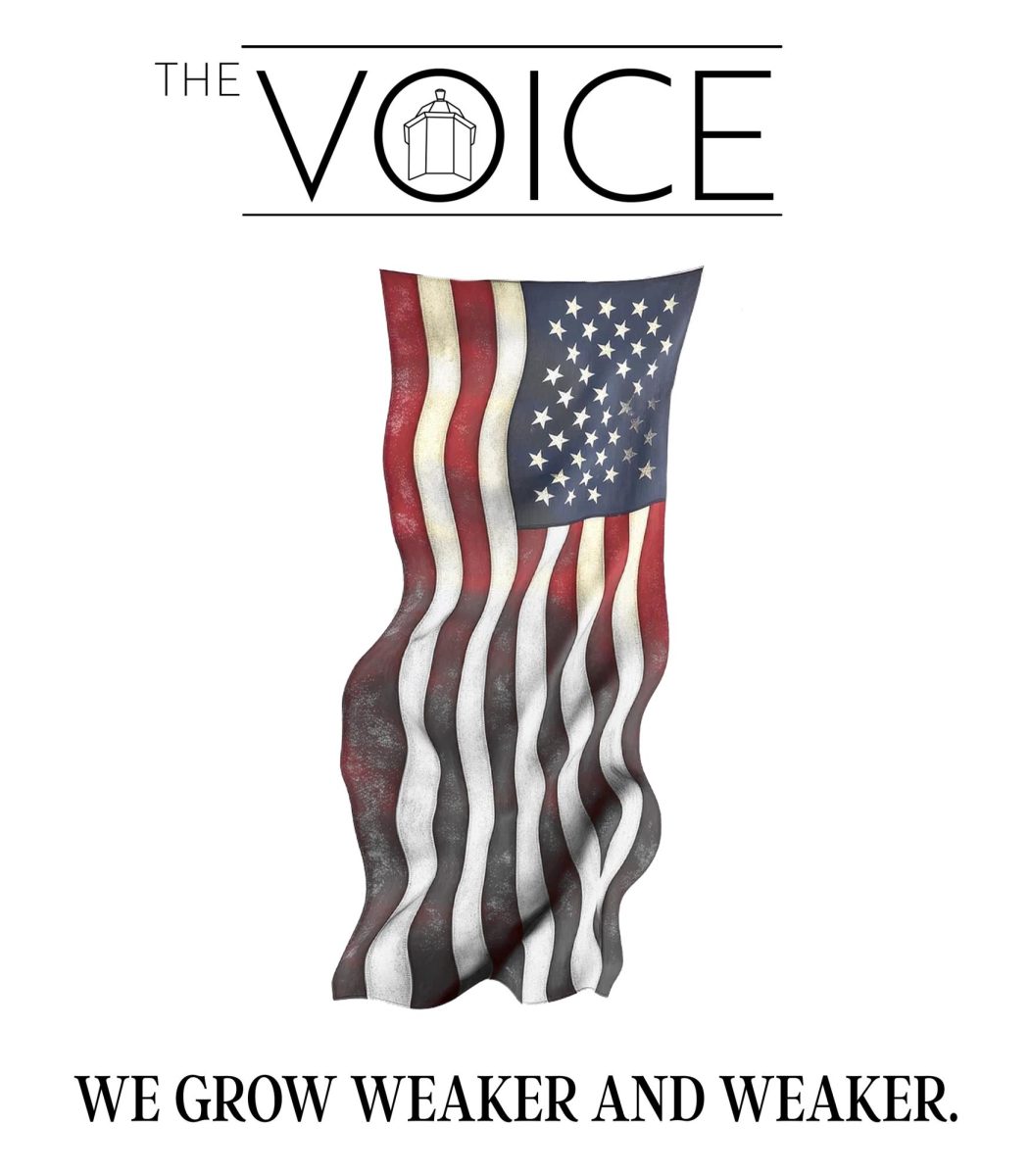Walk through the quad of Commonwealth University-Bloomsburg and you’ll see it everywhere. Logos, brands, all the stuff. Consumerism doesn’t just exist here — it thrives.
According to Merriam-Webster, consumerism is “the preoccupation of society with the acquisition of consumer goods.” America is preoccupied with the need for more stuff.
Campus culture, as an extension, is just as consumed with the need for more.
College students aren’t solely to blame for this. The roots of consumerism run deep in American history.
The Great Depression and World War II brought the country into a time of financial deprivation and rationing. Post-World War II, consumer culture reemerged.
A new zeal for advertisements and credit reinforced to the American public an entitlement to want more. Buying was the key to their happiness.
Fast forward to today, and that mentality has continued to live on. Now, we lack the media literacy skills to recognize it for what it is — a campaign put on by conglomerates to squeeze money out of us.
Social media has given rise to the illusion of “ethical consumption.” Trends like capsule wardrobes and reusable water bottles appear to show an eco-conscious mindset beginning to develop in young people.
The irony? Even anti-consumerist trends encourage people to buy.
Buy a new wardrobe, and then you can call yourself a minimalist.
Buy the newest reusable water bottle and ignore the 3 others you already own.
This bottle is capable of doing so much more than holding water.
It will make you feel connected to millions of people online.
If you don’t believe me, then look around.
How many students are wearing the latest TikTok fashion trends?
How many have replaced perfectly good backpacks with the newest “it” bag of the semester? When does enough stuff become enough?
Black Friday offers us a glimpse into this obsession with stuff. What used to be one singular day of materialistic-driven obsession is now a full weekend.
Amazon Prime alone has over 200 million subscribers. Prime Day is hyped up long in advance by paid influencers, showing off the latest “have to buy” items. During Prime Day, the company reportedly sold over 100,000 items per minute.
The consequences of unchecked consumerism aren’t just economic. Consumerism impacts our environment. According to EarthDay.org, the fashion industry produces 100 billion garments every year. Forty million tons of those end up in landfills. The average person now buys 60% more clothing than they did 15 years ago and keeps each item for half as long.
College campuses act as a microcosm, highlighting the larger culture we are all a part of. The rampant consumerism on campus speaks to a large cultural problem — basing our worth on what we own, not who we are.























